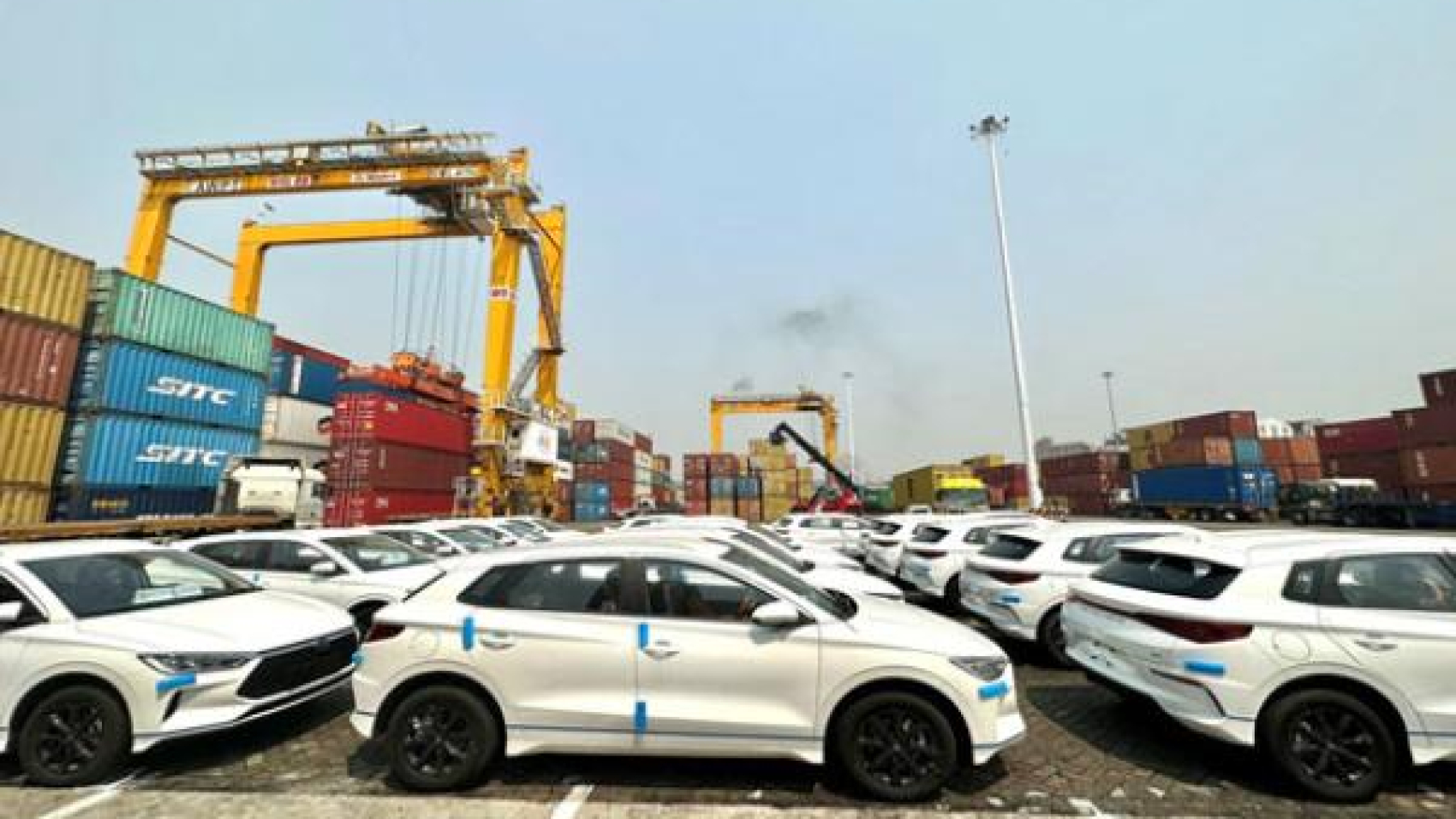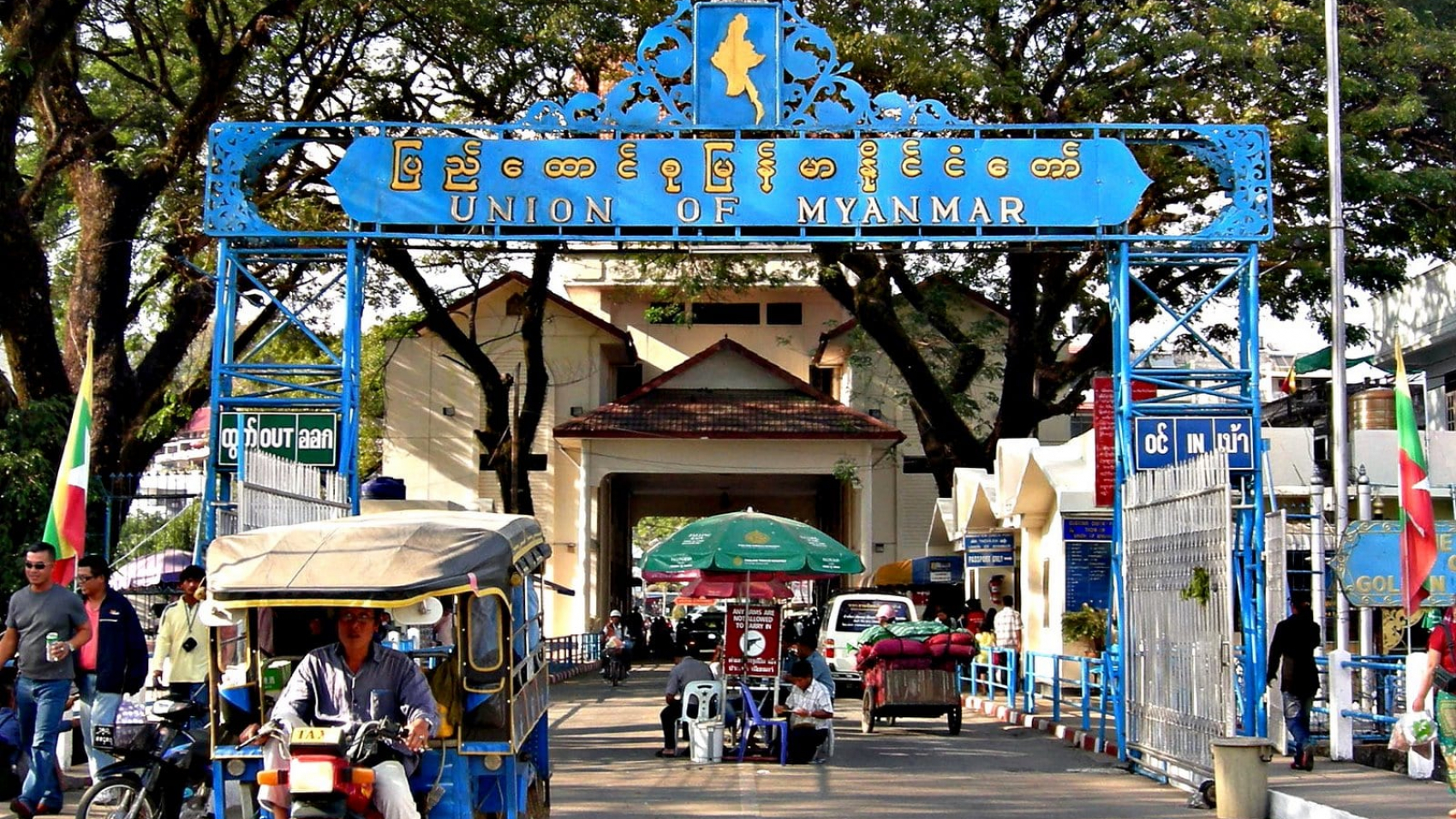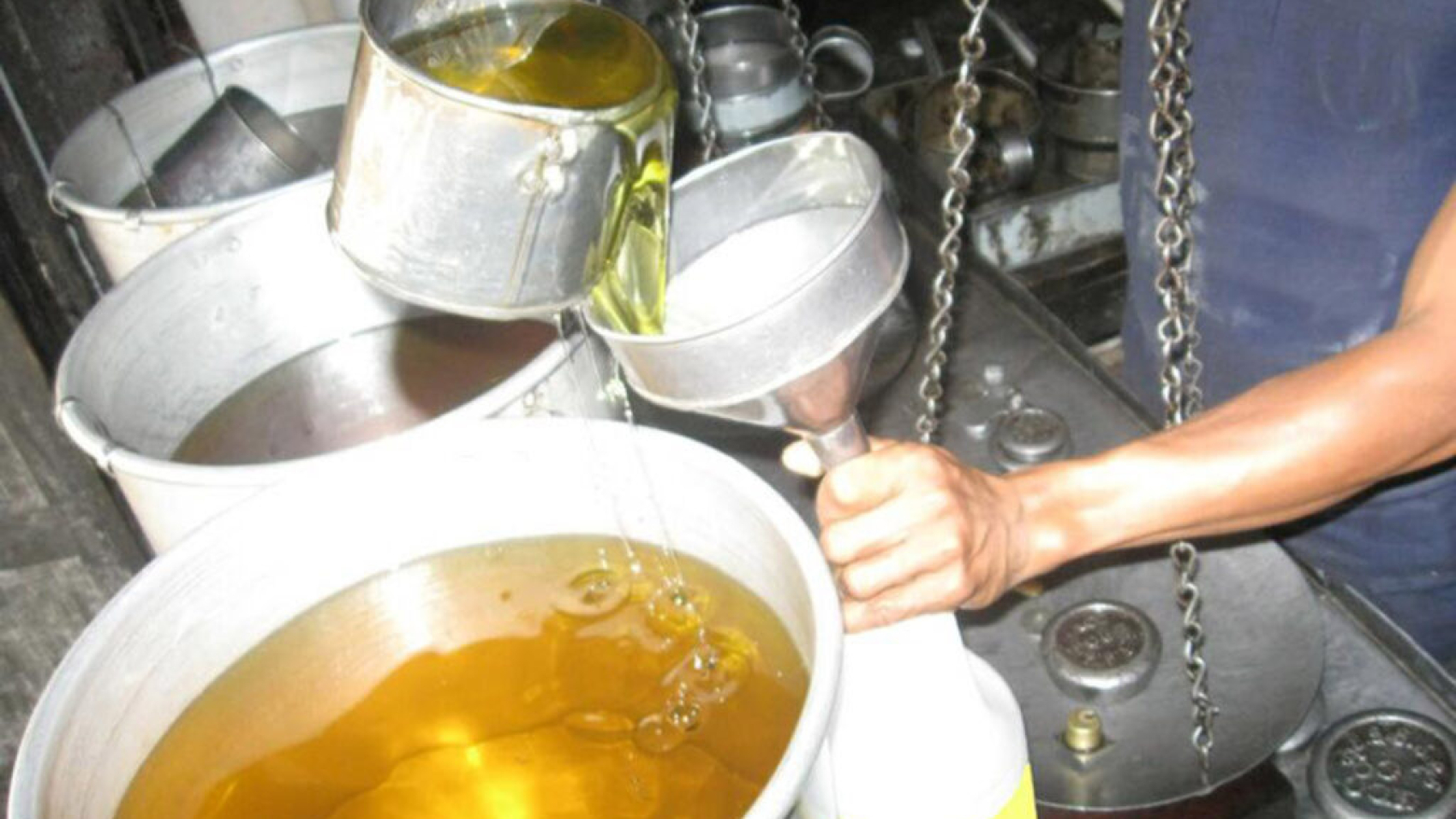Twenty money changers including Myanmar National Airlines have got their forex licence revoked starting from 14 March as they failed to comply with the rules and directives issued by the Central Bank of Myanmar (CBM), according to its Board of Directors meeting. They are Oake Khaung Travels & Tourism Senjo Royal Myanmar, Dawei Popular, Zam Myo, Phyo Thet, Sky Bound, Myanmar MCG Corporation, Htwe and Htwe Family, Won Won, United Eleven, Tun Yama, Myanmar Alinka Hotel Group, Cartel, Super Phoenix, Golden Falcon Shipping, Fairness Travels & Tours, Yadana Bon Travels & Tours, Myanmar National Airlines, Dewant Financial Loan Microfinance and Treasure Su.
The CBM set the reference exchange rate at K2,100, while a US dollar was exchanged at K2,880 in the unofficial market. CBM has set the currency trading band at 0.3 per cent for the Kyat to fluctuate between these two specified upper and lower exchange rates for transactions, selling or buying, according to a directive issued by the CBM on 10 August 2022. Therefore, financial institutions including banks and informal money exchanges are instructed to set a dollar value at K2,094 for buying and K2,106 for selling. However, the over-the-counter Kyat-dollar exchange rate was K2,865 for buying and K2,880 for selling on 17 March. There is a large price difference between the reference rate of the CBM and the unofficial market rate. However, there is no way to set the new price, as per the notification released on 15 January.
Investigation and Prosecuting of market manipulation to hike the exchange rate in the local forex market with the malicious rumours will be undertaken, according to the Central Bank of Myanmar’s statement released on 10 February. Some exporters, importers and banks are attempting to raise the exchange rate owing to the rumours. The statement called for bank institutions to govern the market and investigate those fraudsters who circulate rumours. The CBM released a notice that the exporters, importers and banking institutions are asked not to elevate the exchange rate. Those banking institutions that will not abide by financial regulations will face legal action as well. Last August, a dollar value hit an all-time high of over K4,500 in the grey market. Consequently, the CBM sold dollars at its auction market for the sectors in need, to control the soaring dollar, injecting a total of $443.8 million in the markets in 2021.
Source: The Global New Light of Myanmar



